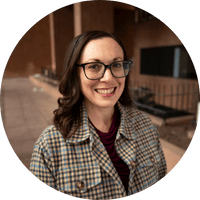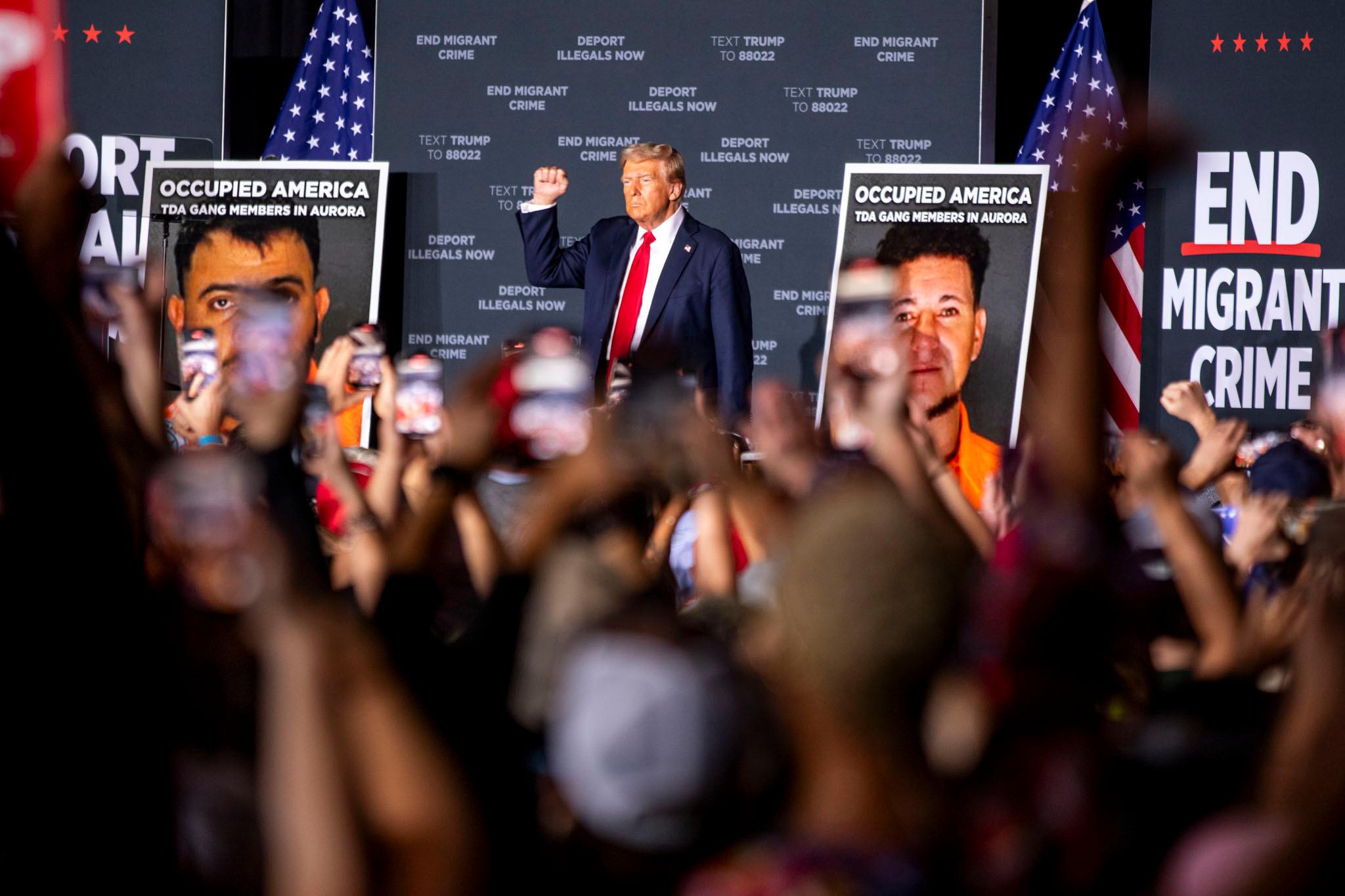
“Shocked and appalled.”
That’s how Eric Cahn of Denver felt after neo-Nazi and white nationalist-led protests turned violent in Charlottesville, Virginia earlier this month.
For Cahn, a Holocaust survivor, the threat of Nazism isn’t hypothetical. His first childhood memory is seeing the boots of Nazi soldiers as they marched outside the basement window of the French family that sheltered him during World War II.
Cahn told Colorado Matters host Ryan Warner that Trump’s remarks that there were “fine people” on both sides of the violence particularly stung.
“I’ve been very angry about that,” Cahn said, and he believes that sharing his story now is important, given how white nationalists and neo-Nazis now feel emboldened to demonstrate in the streets.
“That's why I speak ... to students, over and over and over again, to educate them as to what all of this can lead to,” Cahn said.
Cahn’s story is a remarkable one. For decades, he’s searched for the French Christian family that hid him in their basement. Members of the French resistance smuggled him and his sister out the Camp de Gurs detention camp in France when he was just four. A month later, his mother and father were sent to Auschwitz, where his mother perished.
Interview Highlights With Eric Cahn
On his parents’ decision to separate from him and his sister:
“I have a hard time really comprehending how they came to that decision. But if they had not done that—and it certainly was a very difficult and wrenching decision to have to make for any parent—but they made that decision and if they had not done that then I would have been on that same train they were on on Sept. 16, 1942 which took them to Auschwitz. And I, as a four-and-a-half-year-old child, my sister a two-and-a-half-year-old, would not have survived.”
On separating, then reuniting with his sister:
“The interesting thing is, as you say, she was less than 10 miles away from me. I had no idea nor did my French family know that she was there. We were reunited in 1944 in an orphanage outside Paris. ... They brought my sister in and introduced us together as sister and brother. It felt very strange, because I had no idea or remembered that I had sister."
On what it was like to live with his father again after the war:
“He had survived Auschwitz and physically he was okay. He never ever talked about what he had to do to survive, he told us our mother had died and he would not talk about her. He really had suffered tremendously, traumatically. We lived with him for about four years. He chose to begin early on to decide to send us to America to a better life. And I feel he did that because he really wasn’t sure how to take good care of us even though he wanted to. He also wanted to go on with his life because I also feel that my sister and I reminded him daily of our mother and that had to be very difficult for him.”
On moving to Colorado and living with his grandparents:
“We arrived in Pueblo, Colorado where my grandparents lived in the spring of 1950. We lived with them for three years, they got too old to take care of us, they retired to New York, they sent my sister and I to Denver. My sister lived in two foster homes that did not work out for her, I lived in one foster home that did not work out for me, so we both wound up in an orphanage in west Denver where we each lived until we graduated from high school.”
On his relationship with his father:
“When we first came to America, my sister and I corresponded by mail with my dad. He got remarried, we did lose contact with him. I happened to be back in Germany for the first time in 1970. I was able to look him up, I spent one evening with him, he then died of natural causes in 1975. ...
“It was not what I hoped it would be. We talked about the weather, we talked about the stock market, it was very non personal. I felt like I would never really connect with him as a son and father should.”
On his relationship to Judaism now:
“I do not practice any religion. I try to live my life doing unto others as I would have them do unto me. I rationalize this by saying that after all I am Jewish, but I was rescued and saved by a French-Christian family.”









